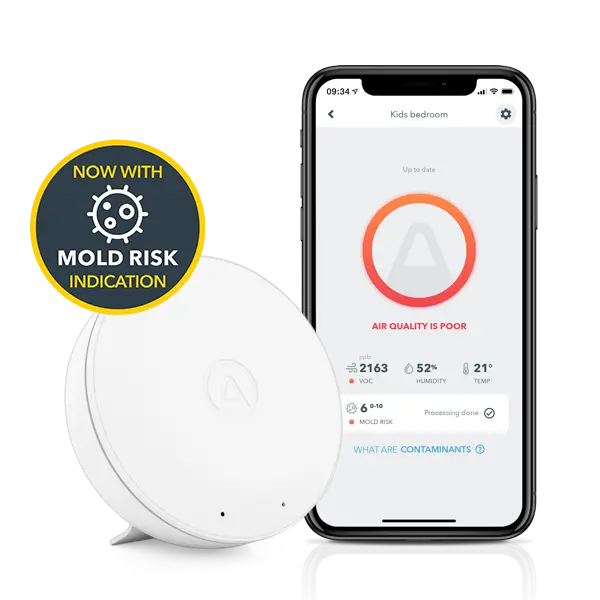Colorado is proposing action
In a Feb. 6, 2016 Boulder Daily Camera article, it was reported that The Colorado House Committee on Health, Insurance and Environment heard a new bill purposed toward prevention of death from radon gas exposure. The odorless, colorless gas responsible for taking the lives of 500 Coloradans each year far surpasses the combined annual deaths from drunk driving, drowning, fire, and CO2.
Sponsored by Rep. KC Becker, D-Boulder, the bill requests $35,000 to support radon home test kits, $160,000 for mitigation, and $50,000 for awareness-raising advertising. Much of the money would be used for low income residents. Test kits are available for less than $15, with mitigation systems running as little as $1,000, relatively small sums considering that the results could be life-saving.
Laws need an update
Colorado laws regarding radon levels are currently weak, lacking the teeth to reinforce the importance of testing and mitigation. While realtors are required to disclose to buyers any properties that have previously tested for high levels of radon, no further action is required. Some believe that is not good enough.
It is estimated that half of the households in Colorado expose residents to unsafe levels of the toxic gas, with Boulder County weighing in at 54 percent above the Environmental Protection Agency's action level at 4 pCi/L, picocuries per liter. The average Colorado home, with the average radon gas level in Boulder, exposes residents to the equivalent of 200 chest X-rays per year.
With one of every two residents exposed to an elevated risk of cancer, some believe the law should help citizens pay for testing, assist with mitigation expenses, providing oversight and follow up to actively prevent this dangerous gas from claiming 500 lives every year.
Neighbors alert each other
A Boulder County woman who was diagnosed with lung cancer despite the fact that she'd never smoked, learned that radon levels in her home exposed her to ten times the national average of 1.3 pCI/L. When she reported that to her homeowner's association, it was discovered that few residents had actually tested for the contamination. Testing by neighbors revealed levels that were surprisingly high.
The article cited the owner of a radon services company who understands the situation well. He cautioned that homebuilders are against legislation on anything that increases their costs, despite the fact that installing proper equipment during construction is easier and less expensive than mitigation on an existing structure.
Education to be a step in the right direction
The bill's co-sponsor understands that legislation would be expensive, but feels that the $50,000 requested for awareness and advertising would prompt homeowners to take matters into their own hands once they understand the risk. The article further cites that previous attempts at regulation in this traditionally independent county have failed, with mandates an unpopular method of enforcement. Instead, it was suggested that awareness achieved through education held the most promise. If that could be supported through funds assisting with testing and mitigation, all the better.
The original article can be viewed here.













%20(1).webp)

%20(1).webp)
